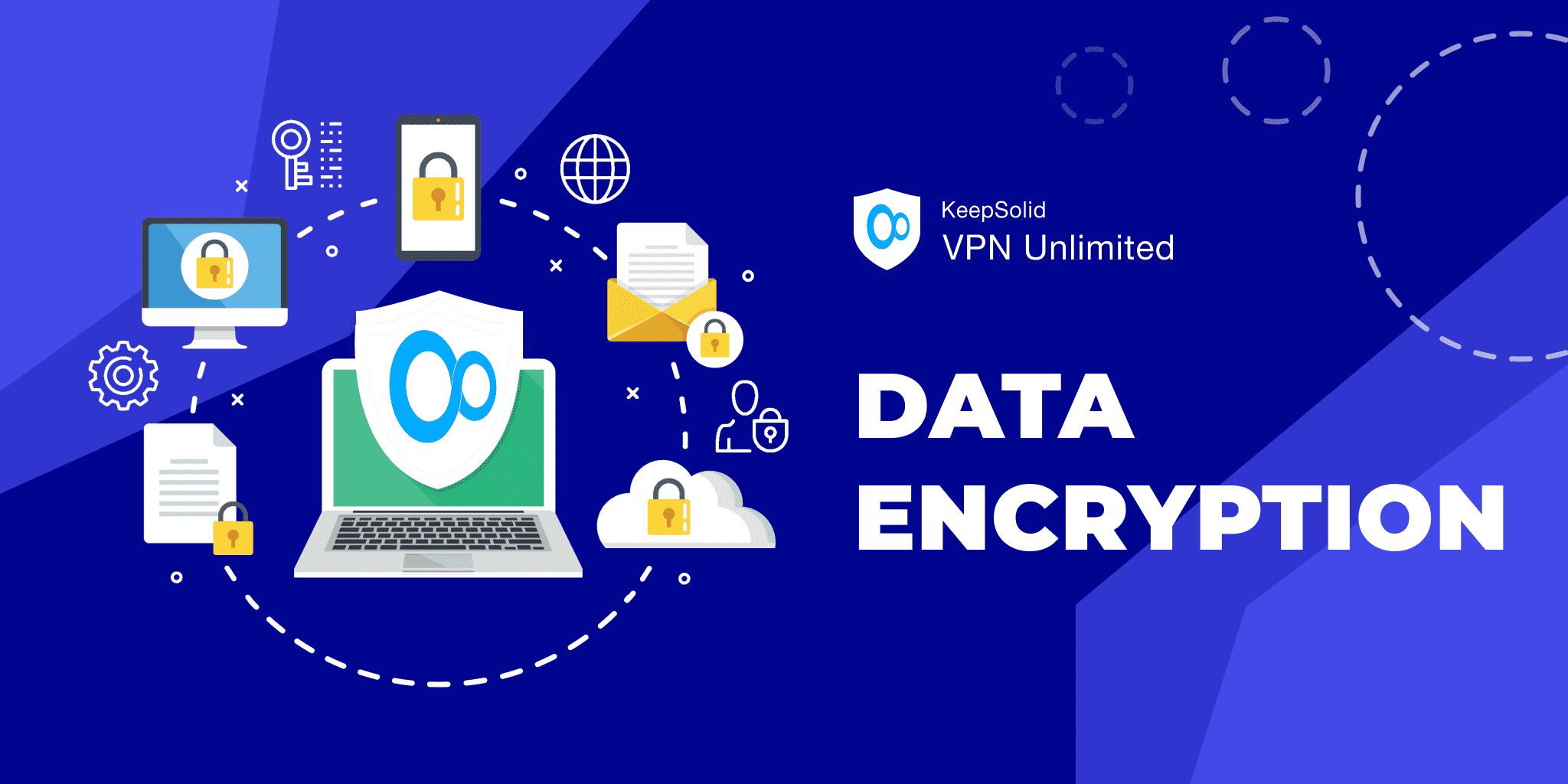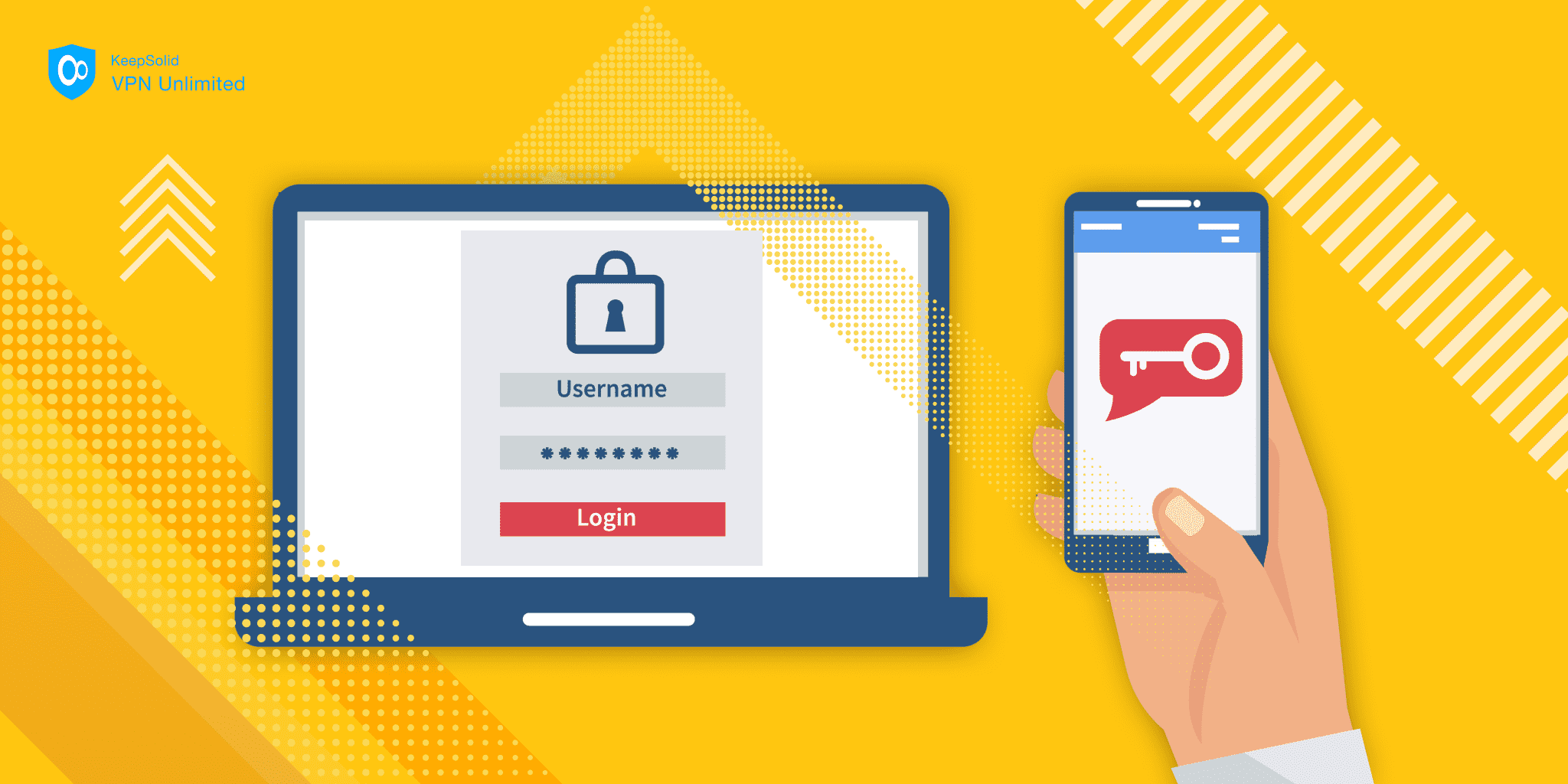Quick tips that can help you whether you buy things online, post messages on social networks, or just read your emails, there are potential pitfalls at every turn. It is too easy to become a victim of fraud if, say, you use the same username and password for each site.
To prevent this from happening, you just need to read and take advantage of these safety tips by the VPN Super Unlimited Proxy. They should minimize the risk that something will go wrong.
1. Be careful with public Wi-Fi
The problem with public Wi-Fi is publicity. Anyone can use it besides you. This means that you need to be more attentive to the files you use, the websites you visit, and the information you share. You may need a VPN Super and software if you have not already.
2. Update your software
Default updates can sometimes be annoying (and expensive), but they provide most of your online security. Apply updates every time you are asked to – this concerns all of your applications, not just your browser.
3. Clean your browser
Remove browser extensions that you’re not using or trusting completely. They can slow performance or even keep track of what you are doing if you are not careful. Open the extension page in your browser, and you will probably find several plugins and settings that you did not even suspect about. Make sure that you delete all that are unnecessary.
4. Check activity in your accounts
Some sites, including Facebook, Twitter, and Gmail, allow you to check the activity in your account to find out if there are any suspicious actions that you don’t know about. For example, someone went to your Twitter somewhere else in the world. This is a good idea for any applications that you do not regularly use.

5. Use end-to-end encryption
Encrypted messages cannot be read by anyone other than the sender and recipient, even if someone wants to start tracking. For a reliable connection, look for the URLs of sites starting with HTTPS, use fully encrypted messaging platforms for the most important discussions, and have a VPN with reliable encryption enabled at all times.
6. Protect your phone with a screen lock
If someone takes your phone that does not have a screen lock, strangers can log into your social network accounts and web browser (that likely has synchronized usernames and passwords). Add a pattern lock, PIN, or fingerprint, but make sure you install something that stops unwanted visitors from entering directly into your phone.
7. Protect your laptop
The same goes for your laptop or account. Especially if your browser is configured to automatically log in to sites and applications that you use every day. Add a password or some other protection method. Make sure that Windows or macOS is configured to require a password when the laptop exits from sleep mode, and not just when it boots from scratch.
8. Do not share information more than necessary
Remember that networks such as Instagram and Twitter are publicly accessible by default. Therefore, everyone can see where you are, what you do, and any other information you share. For example, avoid images with the location of your home or work address. Facebook is more thoughtful: in the settings you can limit who will see your publications and news.
9. Enable 2-Factor Verification
Nowadays, almost all users are given the opportunity to configure two-step authentication in their accounts. In fact, you can use an SMS or application code to enter your password and username each time you log in to a new device. Google services make the process easy, so be sure to apply 2-factor authentication whenever possible.

10. Check your key accounts
Can someone call your bank or network provider and pretend to be you? Are you sure they can’t? Double-check that key information about you that can be used for security purposes (birthdays, pet names, address) is not available on the Internet.
11. Install an antivirus program
There are many free and paid antivirus programs that monitor your online activities and establish an additional level of protection. And although some of these programs may show excessive zeal for your protection, their help will not be superfluous.
12. Use effective methods
Not all precautions you can try are digital; some of the best-known precautions are simple. Use wired internet at home and wherever possible. In this case, it will be more difficult for hackers to connect to you. Also, do not store passwords or login information recorded anywhere (you make them too accessible to potential hackers).
Also, check out our Latest News for more useful information!